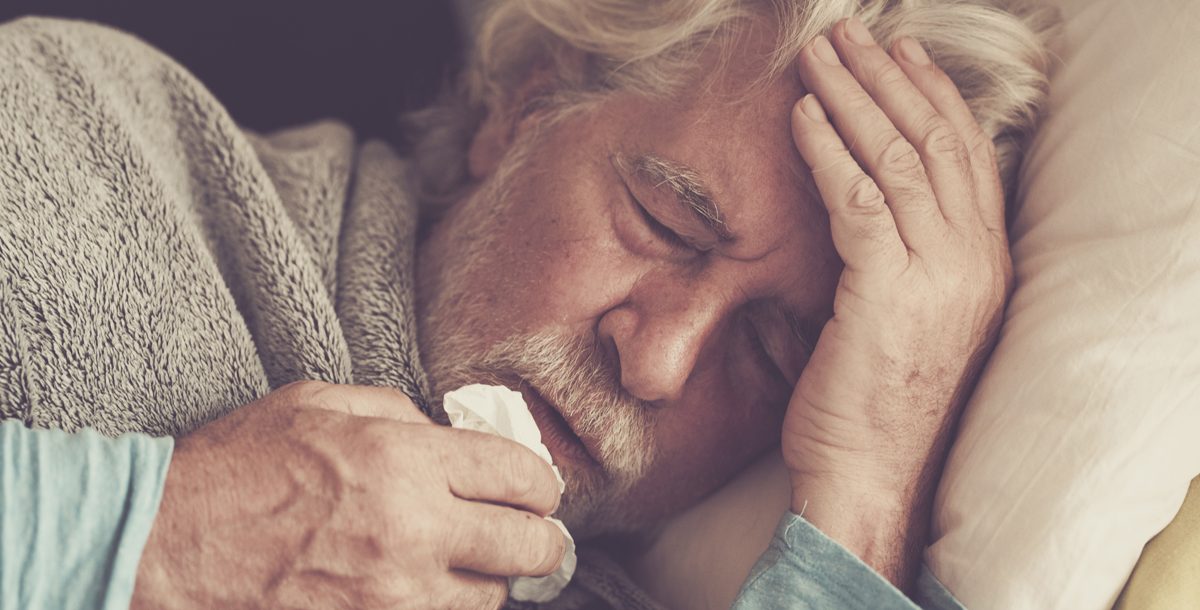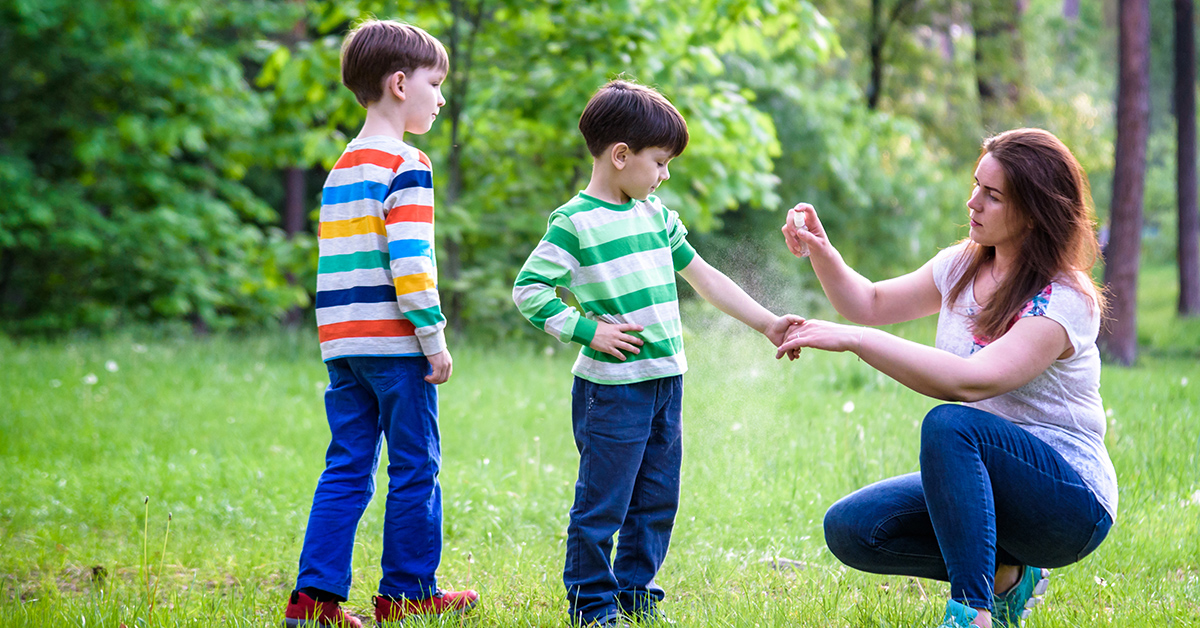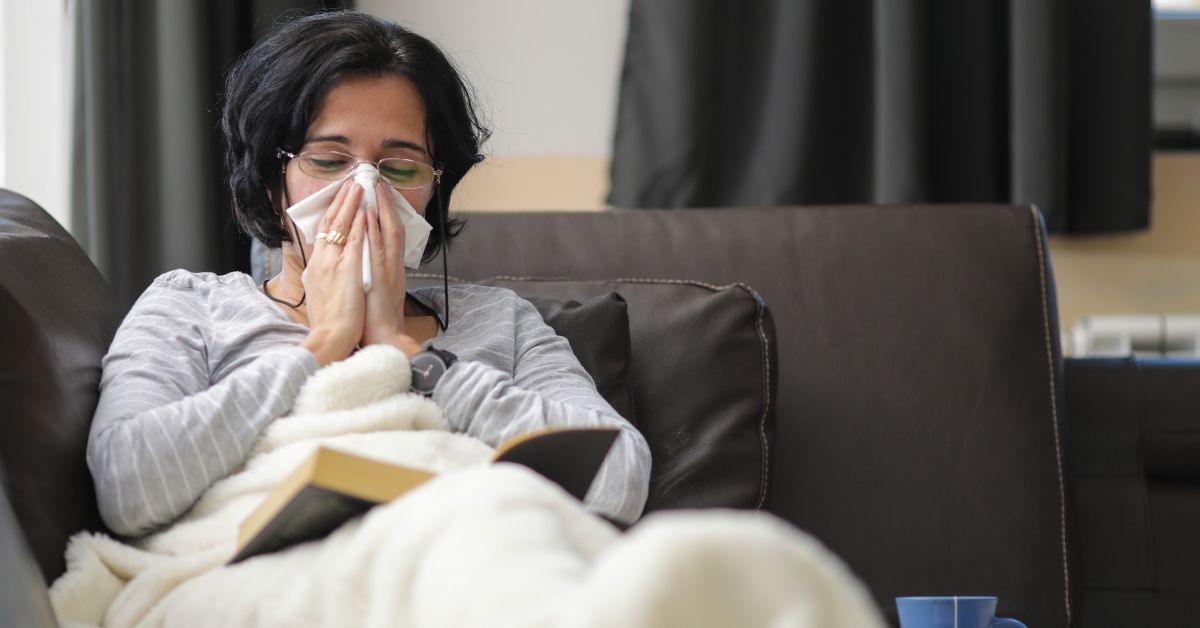Staying informed on the current measures in place and practicing social distancing are ways you can help prevent the spread of COVID-19. However, it is also important to know what items you’ll need in case you do develop an illness during this time.
Here is a list of items to have on-hand in the event you come down with flu-like symptoms.
Communication
While it is not an item you can pick up at the store, communication is critical if you do become sick. Talk with your health care provider when monitoring your symptoms to decide if any medical treatment is needed.
Connecting online is also an option using our COVID-19 Virtual Assistant. It can help answer your general questions and connect you with our hotline, or one of our clinicians, if needed. The chatbot will help you assess your own risk using Centers for Disease Control and Prevention (CDC) and World Health Organization (WHO) guidelines. Visit bonsecours.com and use the virtual assistant tool that pops up on your screen.
Isolation
Remain in your home unless you are seeking medical care. If your living situation involves other people, live in your own room and even use a separate bathroom if possible.
Soap and water
Use soap and water to wash hands thoroughly and frequently when you are sick, especially after coughing or sneezing. If soap and water are not available, use hand sanitizer made of at least 60% alcohol to clean your hands often.
Tissues
Cover your mouth with tissues while sneezing or coughing. Throw all used tissues in the trash right away and don’t leave them out.
Medications
Acetaminophen and ibuprofen are both options to lessen your fever as well as ease any aches and pains. At this time, the World Health Organization (WHO) does not recommend against using ibuprofen for COVID-19 symptoms specifically.
If you have a cough, use cough syrup to relieve this symptom.
A thermometer
Keep a thermometer in your home to allow you to monitor your fever. Monitoring this symptom daily will help you know when the fever has fully subsided.
Fluids and nutrition
It is important to stay hydrated and feed your body essential nutrients when you are sick. Focus on consuming water as well as drinks with electrolytes. For food, focus on vegetables, fruits and protein.
A facemask
If you are sick, wear a face mask when seeking medical care to protect yourself and others. Again, seeking medical care should be the only time you leave your house when you are sick.
Surgical facemasks might be reserved for health care workers during a public health emergency. If you do not have access to a facemask, use a scarf or bandanna instead.
Stay updated on what Bon Secours is doing related to COVID-19.





